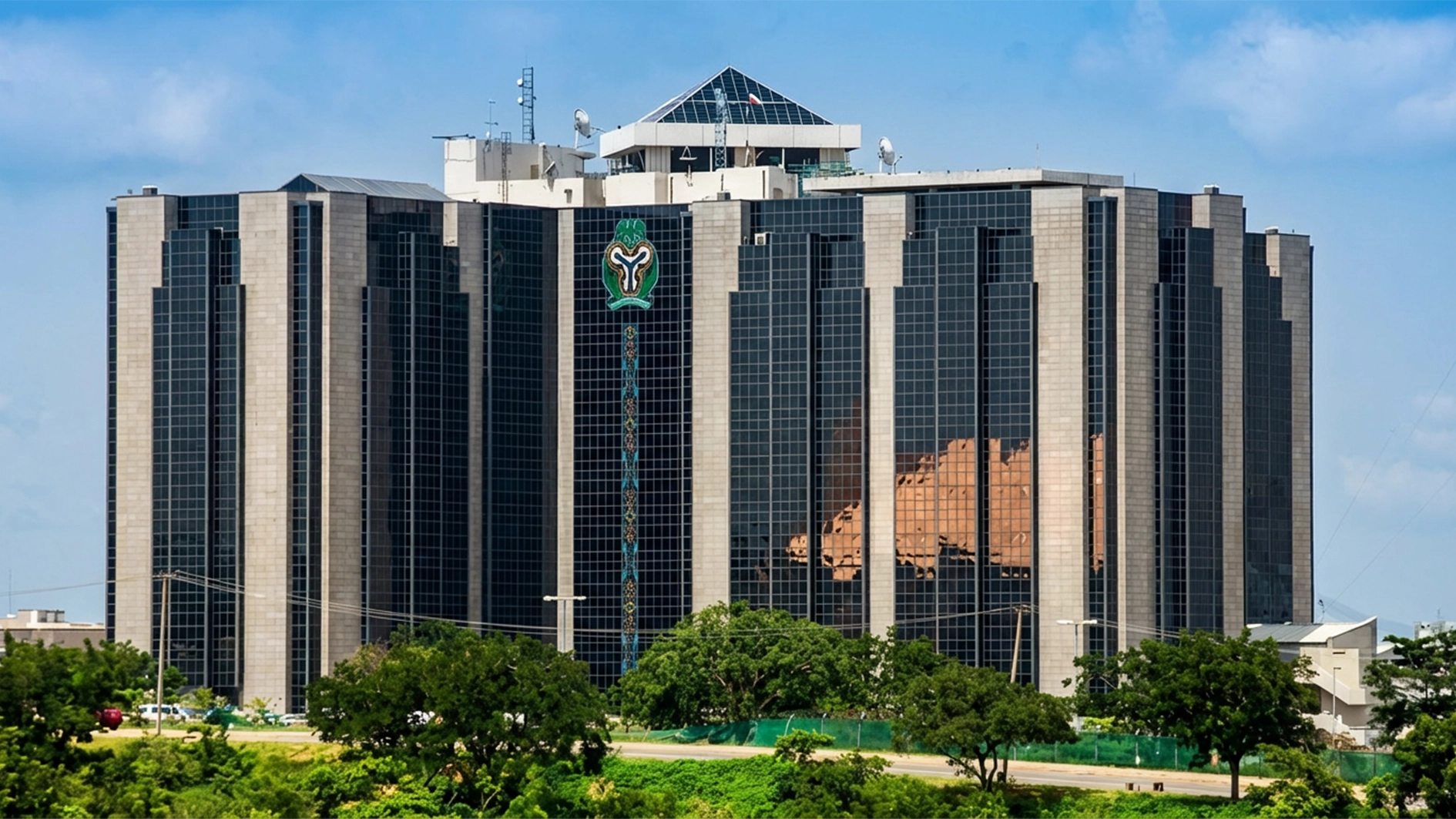
India has been able to develop practical and effective methods to run its economy, feed its large population and acquired nuclear power capabilities for peaceful and defensive purposes.
Medicine in India has grown into a big industry, which is rivaling the best medical facilities in Europe and America.
India’s generic pharmaceutical products have also contributed to dramatically reduce the cost of medical treatment in developing countries.
The success of India did not come by chance, but an outcome of well planned policies built on sound education, internally designed economic programmes, disciplined armed forces, food sufficiency, and direct government involvement in matters of public interest.
Food security: India is the largest producer of milk in the world with over 163 million metric tons annual production.
Milk is thus the main source of food for the majority of the vegetarian population. Cheese replaces meat, milk butter for cooking, infant milk formula for children, yogurt and other dairy products form the foundation of India’s food security and self-sufficiency.
In India, cattle is reared for the milk and not the meat. A milking cow may produce an average of 40 liters of milk a day, which at 1 usd/ liter could earn an income in excess of 14,000 usd a year, over five-seven years of milk producing life.
The Nigerian cow is sold for the meat, which is less than 1000 usd (350,000 naira) a pittance compared to the best practices in other countries where modern farming methods raise cattle for the milk and derived products. India endeavors against all the odds to put all its children in school.
Doctorate degree holders are given automatic employment by the government and those in the sciences and technology work in research and development in universities and India’s version of Silicon Valley in Bangalore. In contrast, 15 million Nigerian children are out of school, the highest in the world.
The children in government schools fare hardly better than those out of school because of appalling conditions in overcrowded classrooms and unqualified teachers. The brain drain in Nigeria is a reality.
The hospitals, universities and other institutions, which require high intellectual capability have almost all been deserted by their personnel who have moved abroad. Educational backwardness is the bane of Nigeria’s underdevelopment.
Nigeria cannot remain on the current level of ignorance and still aspire to join the league of developed nations, and this challenge should be on the priority list of Nigeria’s economic planners.
India’s economic policy had been inward looking and fashioned to meet the needs of the country. The economy was shut to non-essential foreign goods for decades to promote basic improvised locally manufactured products, which have now become the Indian brand.
India is the largest democracy in the world with a disciplined, politically neutral and loyal armed forces.
The Nigerian armed forces had for almost two decades now imbibed this commendable culture, which is in the best interest of the military and the country.
In conclusion, India’s food security policy, which is based on milk production, best agricultural practices of confined animal farming, the priority given to education generally, internally developed economic policies, development of locally manufactured brands, disciplined and politically neutral armed forces, good social and medical services are the strong attributes, which have moved India from a struggling developing country some decades ago to a strong, stable and emerging economy.
This is a good example, which Nigeria and other third world countries should emulate.
Ambassador Akinkuolie Rasheed, former Director, Trade, Investment and Policy, Ministry of Foreign Affairs.
[ad unit=2]






